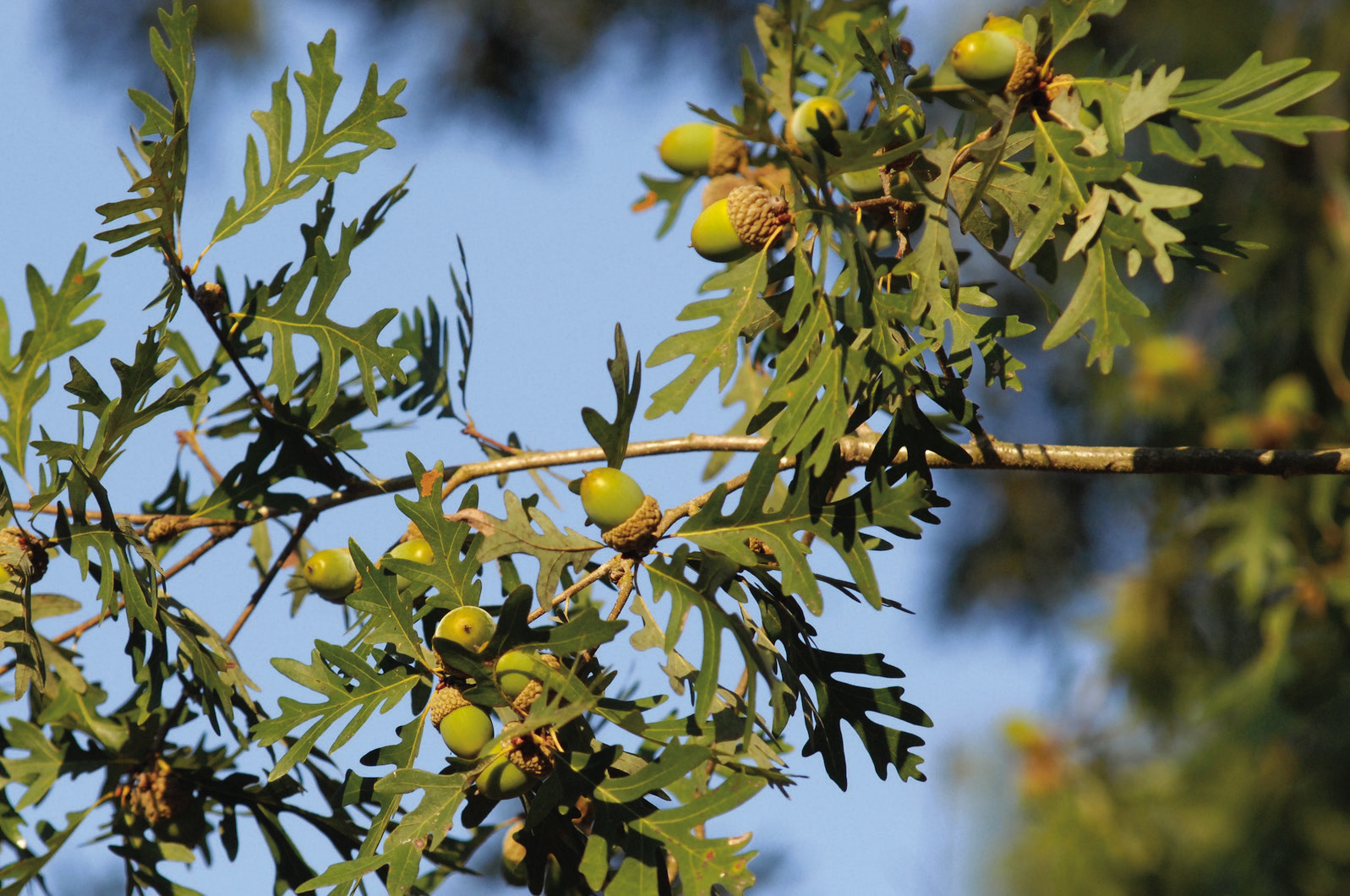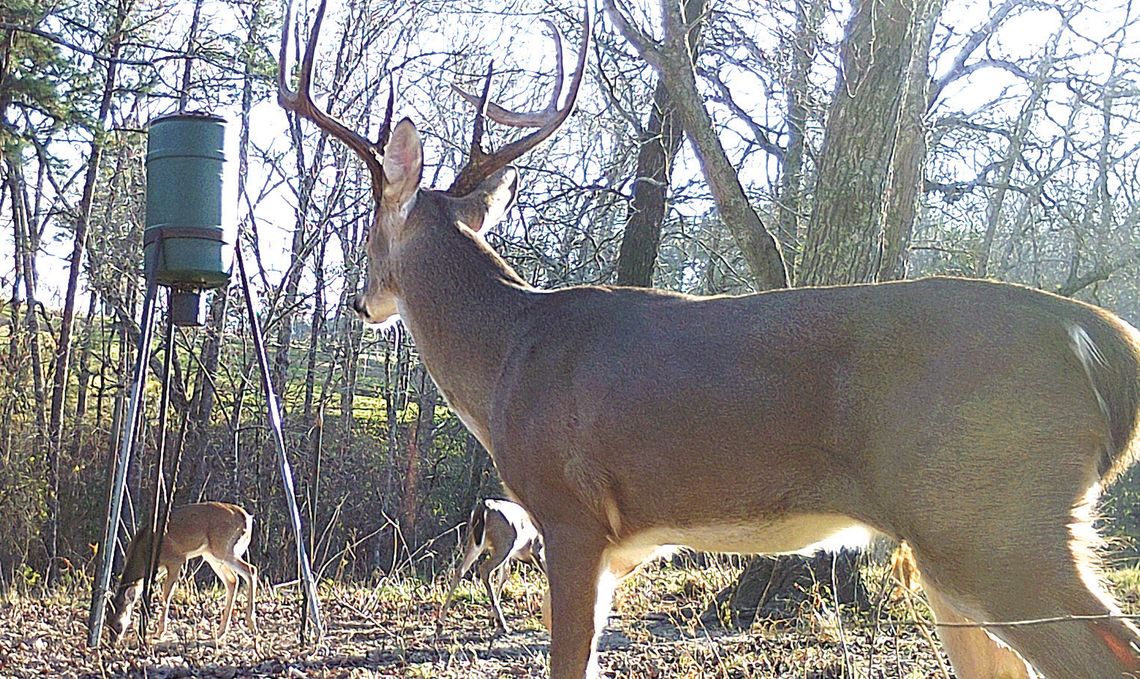Texas big game hunting’s version of the fall classic is here. And so are the signs of the times.
Sept. 28 marked the opening of Texas’ Archery Only and Managed Lands Deer season for whitetails statewide. The start of the general season is just around the corner, Nov. 2. Deer camps are bustling.
Never mind the shaky economy, price of groceries and upcoming presidential election that have plenty of folks on edge these days. Let’s talk a little about deer hunting to ease the nerves and set the stage for what has been forecast to be a very promising hunting season, thanks to banner habitat conditions and plenty of mature bucks in the field across most of the state.
Campfire discussions are sure to go just about anywhere these days. Here are 6 common topics that could surface anytime whitetails are in the mix: * Mast Crop: When Texas deer hunters talk about mast crops, they are typically referring to hard mast like acorns. The nutritious little nuts are a heavily preferred food source. While they do provide some protein, acorns are particularly high in carbohydrates and fats to keep the animals fat and sassy through winter.
Acorn abundance can vary from one year to the next. Bumper crop years can make hunting around corn feeders and food plots painfully slow. Just the opposite can happen when acorns are scarce.
* Rut: It’s the bewitching time for whitetail hunters. Most serious hunters prefer to hunt during the breeding season, when bucks are high on testosterone and preoccupied with chasing the ladies. Mature bucks in rut are prone to make serious mistakes they normally would not make.
Timing of the rut varies with the ecological region. According to TPWD research: * Pineywoods: Nov. 22 in northern counties, and Nov. 12 in the southern counties * Gulf Prairies and Marshes: South, Sept. 30 and North, October 31 * Rolling Plains: North, Dec. 3 and South, Nov. 20 * Edwards Plateau: East, Nov. 7; Central, Nov. 24; West, Dec. 5 * Cross Timbers: North, Nov. 15; South, Nov. 17 * Trans-Pecos: Dec. 8 * South Texas: East, Dec. 16; West, Dec. 24 * Antler Restrictions: The restriction limits hunters in 117 Texas counties to two bucks, but only one of the bucks may have an inside spread of 13 inches or more. The second legal buck must have at least one unbranched antler.
Bucks with two branched antlers and an inside spread less than 13 inches are pro-tected from harvest in antler restriction counties. The purpose of antler restrictions is to allow more bucks to reach 3 1/2 years of age before they are legal for harvest.
* Capes: A cape is the skin that has been removed from the head, neck and shoulders of a deer for mounting. If you kill a good buck but don’t intend to mount it, many taxidermists will be happy to have the cape.
* Co-op: A group of adjoining hunting clubs operating under similar management/harvest plans.
* Score: Shoot a good buck nowadays and everyone likes to hear the score. Boone and Crockett (B&C) is the most widely accepted system for evaluating North American big game animals.
B&C penalizes for a lack of symmetry between the left and right antler. When someone says a buck “gross” scores 142, that means its antlers total 142 inches before deducting for lack of symmetry. The “net” score is minus deducts. There are categories for typical and non-typical antlers.
Matt Williams is a freelance writer based in Nacogdoches. He can be reached by email, mattwillwrite4u@yahoo. com.









